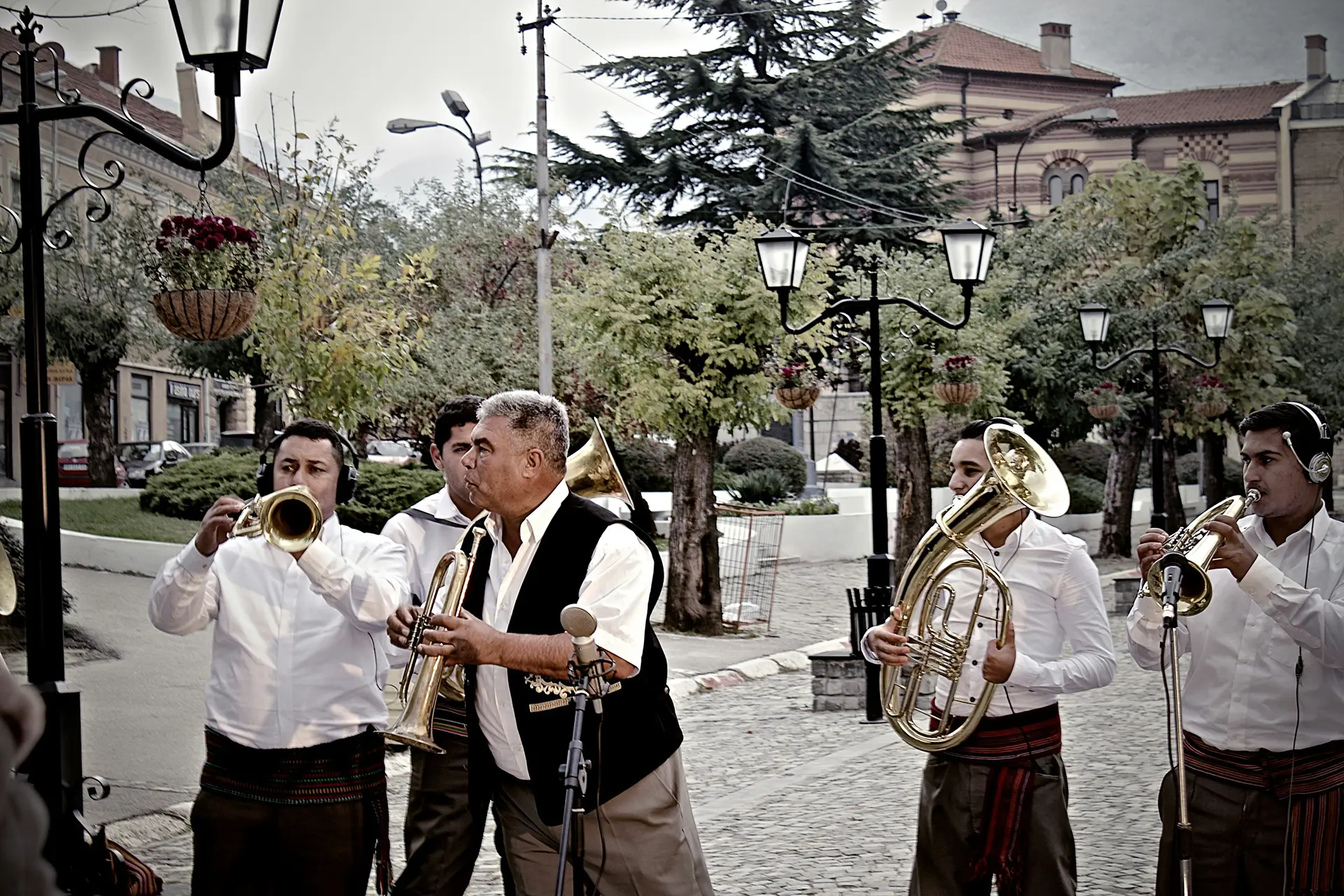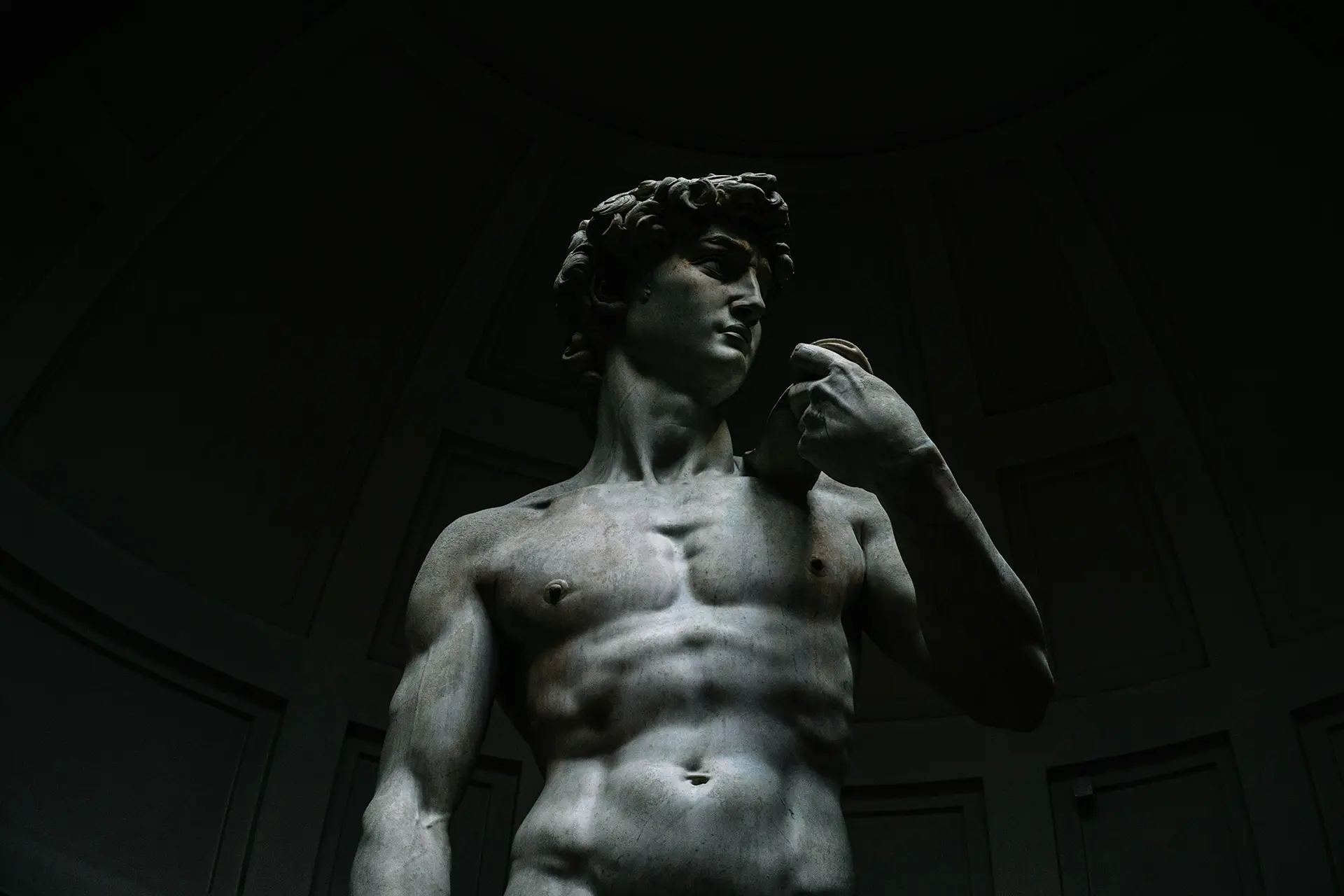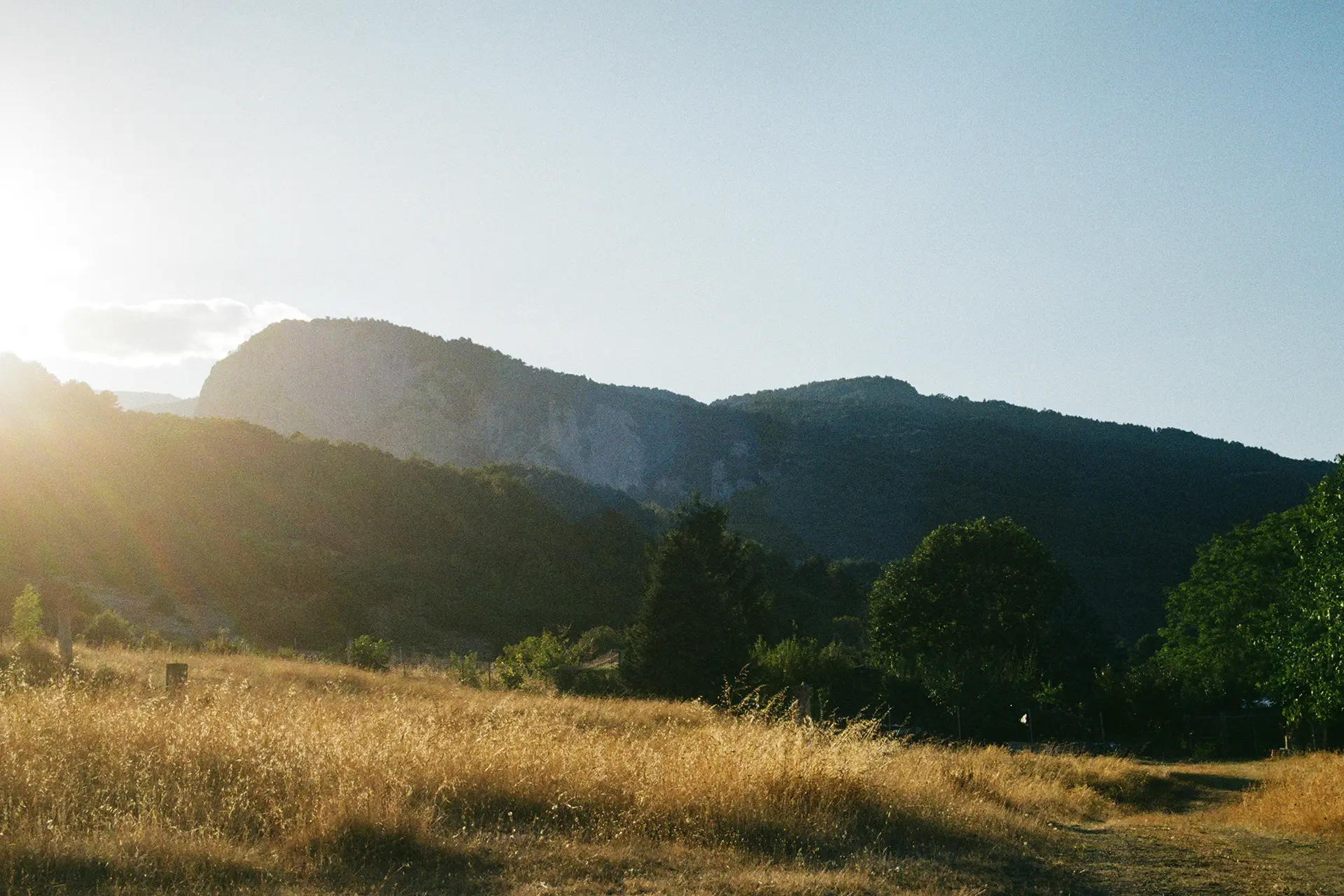
Discover the traditional music of Mount Olympus, from folk festivals to unique local instruments that echo the region’s rich cultural heritage.
Mount Olympus is best known as the mythic seat of the Greek gods, but its slopes and valleys also echo with sounds far more human—melodies passed down through generations, rhythms that accompany local dances, and the warm buzz of festivals filled with life. The traditional music of Mount Olympus is a living heritage, one that speaks of celebration, sorrow, nature, and unity.
Music Woven Into Everyday Life
In the villages scattered around the foothills of Olympus—places like Litochoro, Paleos Panteleimon, and Karya—music has long played a central role in community life. It’s not reserved only for special occasions; it’s heard during name day celebrations, at panigyria (village festivals), weddings, and religious processions. Often, it’s spontaneous: a lyra appears after dinner, a clarinet joins in, and voices rise in familiar folk songs that tell stories of the land, of love, of struggle and joy.

The Instruments of Olympus
The sounds that define the region are rooted in traditional Greek instrumentation, often shaped by the mountains and sea.
- Clarinet (Klarino): A lead instrument in many northern Greek folk tunes, the clarinet offers expressive, emotional lines—both mournful and exuberant—that accompany dances like the syrtos and tsamiko.
- Laouto and Bouzouki: These string instruments add rhythm and harmony, with the laouto often providing a rich, percussive backdrop to vocal melodies.
- Daouli and Toubeleki: Percussion is essential, especially during dances. The daouli is a large double-headed drum, often slung over the shoulder, while the toubeleki is a goblet-shaped drum played with the fingers.
- Gaida (Greek Bagpipe): Though more common in the broader Macedonian region, the haunting sound of the gaida still echoes in Olympus’ rural celebrations.
Each instrument contributes not only to the sound but also to the feeling of Olympus’ musical identity—resonant, grounded, and deeply communal.
Celebrating Through Music: Festivals and Events
Throughout the year, Mount Olympus hosts a variety of festivals where music is at the heart of the celebration. During the summer, open-air stages come alive in villages and towns with live performances that blend traditional and contemporary Greek music.
The Olympus Festival, held at the ancient theater of Dion and other venues around the region, features concerts, dance performances, and musical storytelling. While some performances focus on classical or international acts, many nights are dedicated to local folk music, complete with dancing under the stars.
During religious celebrations such as the Dormition of the Virgin (August 15), entire villages participate in all-night feasts with music, where every note played is part of a larger rhythm of tradition.

A Living Tradition
Traditional music in Olympus isn’t locked in the past. Local schools teach music, youth groups practice traditional dances, and young musicians reinterpret folk standards with new energy. Even tavernas often host live music nights, where visitors can hear these melodies in their natural setting—among people, food, and storytelling.
The music here is not just entertainment—it’s connection. It ties today’s generations with their ancestors and provides a soulful accompaniment to the region’s natural and cultural beauty.
When the Mountains Sing
There’s a special kind of silence on Mount Olympus—one that falls just before the music starts. And when it does, whether from a lone clarinet or a full ensemble playing at a village square, it transforms the landscape. Olympus is more than myth and mountain; it’s a place of sound, song, and shared memory.
To truly experience the soul of Olympus, one must listen—not only to the wind in the pines or the rushing mountain streams, but to the people who live beneath the peaks and carry on the timeless sounds of their land.



